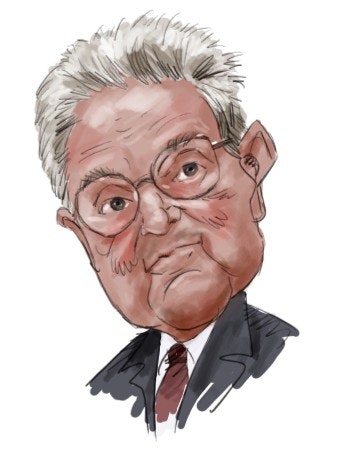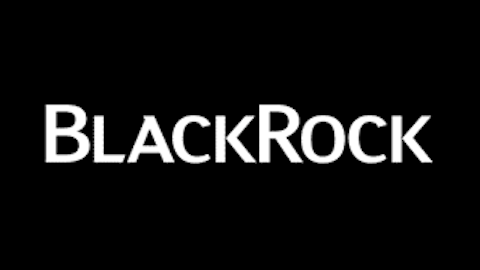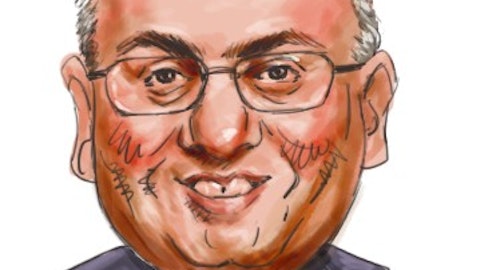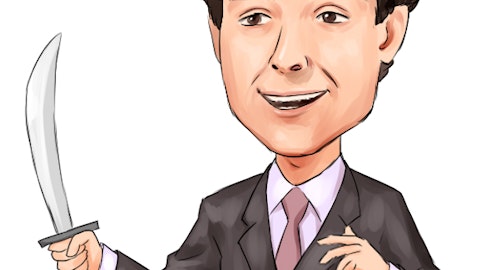Hedge Funds Shift Focus to Asia (Economist)
ERIC WONG, who helps run his Hong Kong family’s money through an investment office, TCG Capital, looks like a hedge-fund manager’s dream. He’s rich, young and, having been to university there, comfortable with American ways—just the type of investor that Western hedge funds looking for Asian expansion have set their sights on. He is not, however, very interested. Real estate is the “best pension plan my family ever had,” he says. Why change? Where they are not greeted with apathy, Asia-minded hedge funds often face antipathy. Since the financial crisis of the late 1990s “fund” has been a four-letter word throughout Asia. George Soros, a famous hedge-fund investor, is still reviled for aggravating and profiting from the crisis. When the Chinese refer to hedge funds as ju e, or “big crocodiles”, it is not by way of a compliment on their killer instincts.
SEC Settles Against FINRA (WSJ)
In a rare case of watchdog bites watchdog, the Financial Industry Regulatory Authority agreed Thursday to settle civil charges of violating securities laws filed by the Securities and Exchange Commission. Finra, a self-regulatory organization for securities firms that is overseen by the SEC, agreed to hire an outside consultant and provide additional staff training as part of the deal to settle accusations of doctoring documents requested by SEC inspection staff.
Activist Hedge Fund Starboard Value Officially Won 3 Seats on Regis Board (StarTribune)
When all is said and done, Regis Corp. President Randy Pearce’s day turned out pretty well Thursday. Dissident investor Starboard Value LP won three seats on the Edina-based company’s seven-member board of directors, partly because of its blistering criticism of senior executives like Pearce. Nevertheless, the longtime Regis veteran will still succeed Paul Finkelstein as CEO next year. But Pearce — who later Thursday afternoon was given a new, eighth seat after the board voted to expand — knows he can’t take anything for granted.
Goldman Sachs Sued by Defunct Australian Hedge Fund Basis Capital in NY State Supreme Court (WSJ)
Defunct Australian hedge fund Basis Capital filed suit against Goldman Sachs in the New York State Supreme Court, claiming fraudulent misrepresentation in its 2007 sale of two collateralized-debt-obligation securities, according to a copy of the filing dated Oct. 27. Basis originally filed suit against Goldman last year in the U.S. District Court for the Southern District of New York, but its claims were dismissed in July when the judge ruled the sale was a foreign transaction. The federal court, though, allowed the fund to replead facts regarding the location. Basis, which managed around US$1 billion before its collapse, is seeking US$67 million in compensatory damages and US$1 billion in punitive damages, according to the filing.
Hedge Funds Bet Against G4 £5.2B Acquisition of ISS (Telegraph)
Hedge Funds Lose After Dollar Plunges (WSJ)
Many hedge funds managed to exit their bets on the dollar before its tumble Thursday. But an unfortunate few didn’t make it out in time. The dollar plunged 2% against the euro to $1.419 Thursday afternoon in New York – its biggest one-day percentage drop since July 2010 – and saw even steeper losses against the Australian dollar and other currencies. The drop came as European leaders secured a deal to reduce Greece’s crushing debt and expand the firepower of their rescue fund for struggling members of the euro-currency zone. Meanwhile, the U.S. economy expanded by 2.5% in the third quarter, curbing fears of recession. However, funds had scaled back their bullish bets on the dollar in October, after piling into the currency the month before, when the economic outlook looked bleaker.
Hedge Funds Face Bank Counterparty Risks (Reuters)
Hedge funds, with memories of the havoc wreaked by Lehman’s demise still fresh in their minds, are moving away from banks singled out by markets as higher risk, giving rivals a chance to grab lucrative business serving these key clients. Banks such as JP Morgan, HSBC and SEB have all seen hedge funds soliciting the services of their prime broking desks, which lend money to these specialist asset managers and provide back-office services. “We have seen a significant increase in hedge funds moving business over to us recently, especially since September,” said Chris Barrow, global head of sales for prime services at HSBC.
Hedge Fund Assets in Sustainable and Responsible Investing Up 16% (HedgeCo)
Sustainable and responsible investing (SRI) is making major strides in the hedge fund arena, according to a new report prepared for the US SIF Foundation by the Center for Social Philanthropy at the Tellus Institute. According to “Sustainability Trends in Alternative Investments in the United States,” $80.9 billion was invested in 375 alternative investment funds incorporating environmental, social and governance (ESG) criteria at the outset of 2011, reflecting a 15.9-percent growth in combined assets since the beginning of 2010, when 346 alternative funds managed a combined total of $69.8 million.
Unidentified Hedge Fund Claims Property in Ann Arbor After Refinancing Denied Owners (AnnArbor)
A corner on Ann Arbor’s west side that once offered hopes for new near-downtown housing now stands as an example of real estate caught in the national banking upheaval. The property is called Kingsley Lane. The developers are Peter Allen and Mark Berg. The lender, as best as Allen can tell, is a Wall Street hedge fund that seems to be based on Avenue of the Americas and has an undetermined relationship with a loan servicing company that’s been added to some of the property’s documentation.




